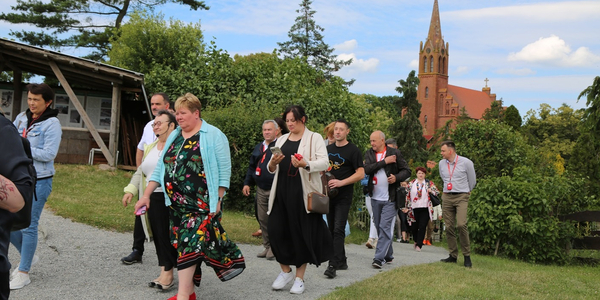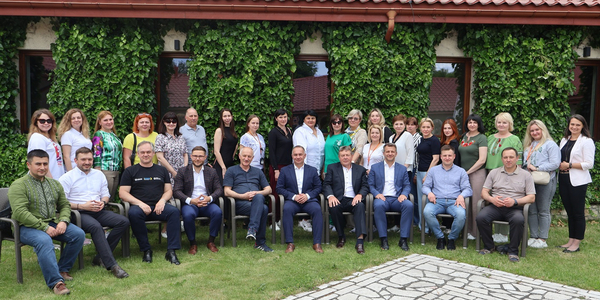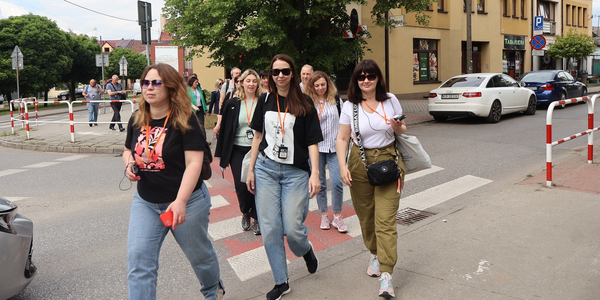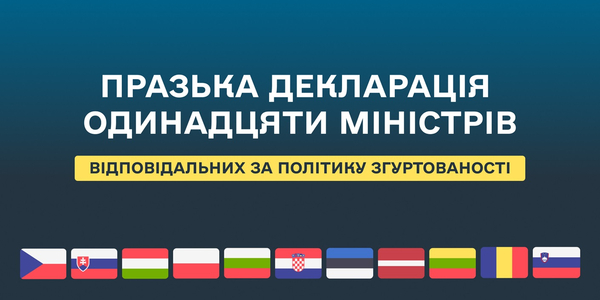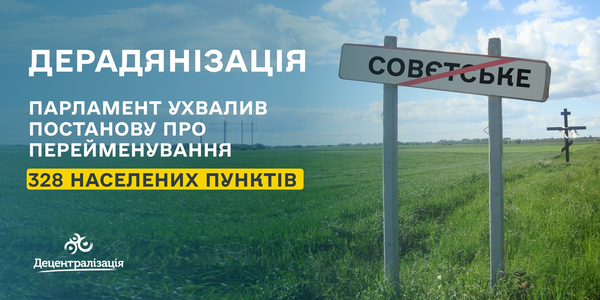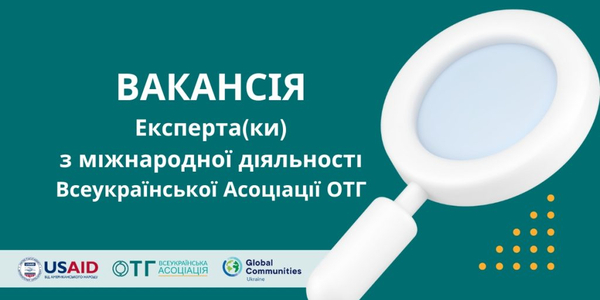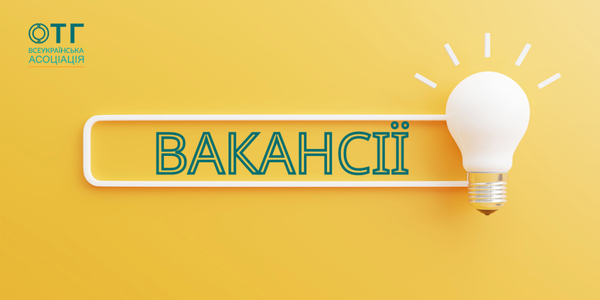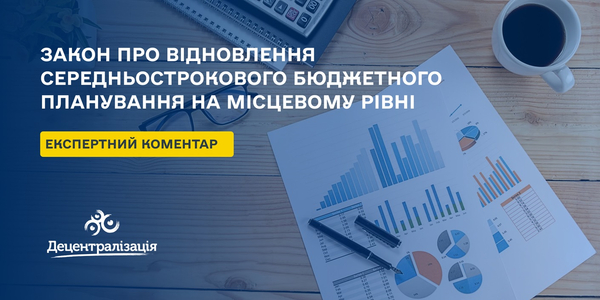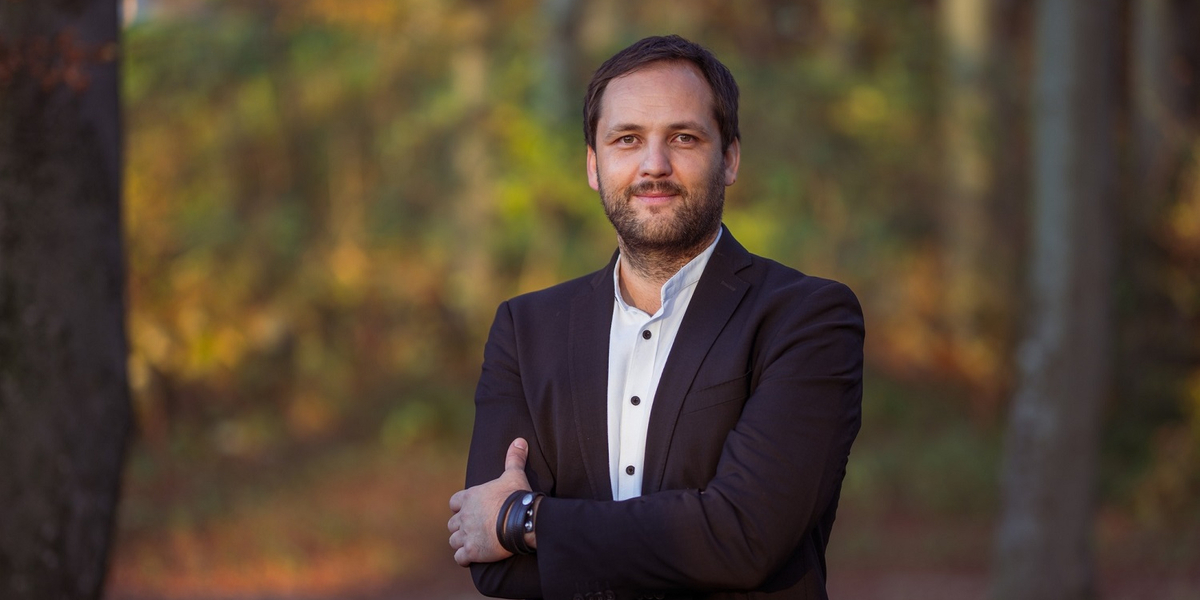
Interview with the mayor of the Slovenian municipality of Hrastnik about participation in the "Bridges of Trust" project, cooperation with the Ukrainian municipality and the consequences of the recent flood.
Marko Funkl is the mayor of Slovenian municipality Hrastnik which participates in the Bridges of Trust initiative. In the framework of this project launched by U-LEAD Hrastnik cooperates with Drohobych (Lviv oblast). We decided to talk to Mr. Funkl to find out if the cooperation works out well, what it specifically entails, and what could be done in the future.
However, as we were planning the interview Slovenia was struck by a ruinous flood. So, the discussion took place also against this backdrop where Mr. Funkl together with other municipal, national and international authorities were dealing with the consequences of the natural disaster.
U-LEAD: How bad was the flood specifically in your municipality?
Marko Funkl: We had a problem with the river Sava, it is the biggest river in Slovenia. For Hrastnik the disaster was delayed: first it struck Gorenjska region, which has higher altitude, and to our municipality the flood came 5-7 hours later. After that we had 3 days without connection of our whole region, not just Hrastnik, to the rest of the country.
On one side we have Lashko, a very well-known Slovenian city, because there is a big brewery known since the times of Yugoslavia. In Lashko there was a big problem with river Savinja. And in Hrastnik – from river Sava. And from one and the other side two rivers meet in Zidani Most, but after Zidani Most we have many hydro power stations. Where you have these stations there is no big problem – you can open the gates and regulate the river. Mostly it was a disaster for Savinjska and Gorenjska regions and Koroshka which is on the border of Austria.
In our municipality after the water returned to its normal level, we’ve assessed the damage of about 1,5-2 mln EURO. The damage was dealt mostly to the roads, not many buildings were affected in comparison to what other regions have suffered.
I think now the work is 90% finished, the damage has been mostly repaired, although in many places these are short-term solutions. We will have to do bigger constructions to rebuild the normal roads.
U-LEAD: How did Ukraine was involved in helping to alleviate the consequences of the flood?
Marko Funkl: As I said, the flood destroyed the roads and smashed bridges. In some cases, people were unable to return to their homes even after two weeks. All the international help was focused on helping people to get back to their villages.
The Ukrainian squads worked in Savinjska region, but I wasn’t there as we had an agreement between municipalities that those who are less affected should help the nearest municipality that needs help. Therefore, we went to Lashko and Savinjska region. Although I didn’t see Ukrainians at work, there were a lot of news in Slovenian media about the Ukrainian teams joining the effort to help.
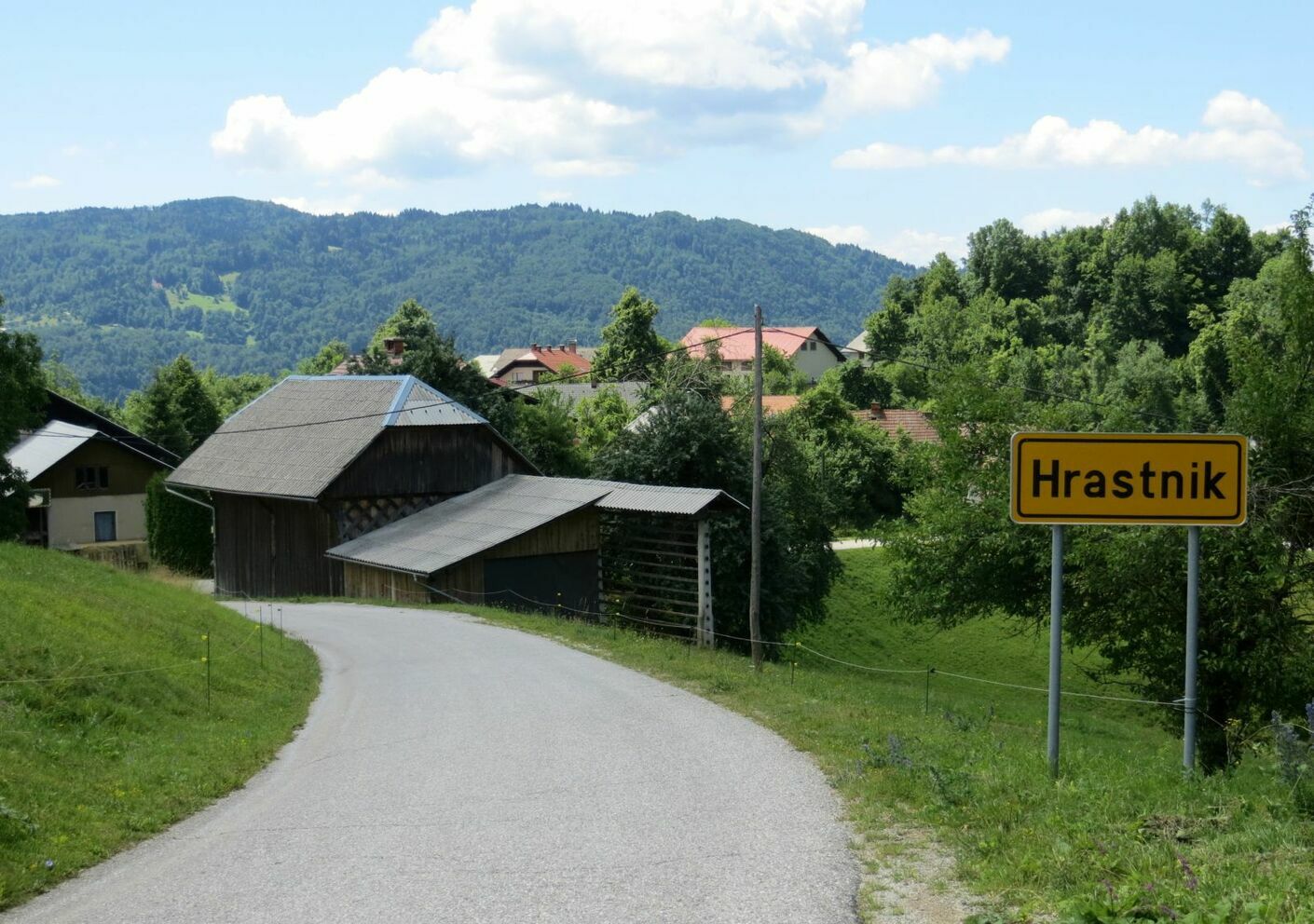
U-LEAD: Going deeper into the topic of cooperation with Ukraine. Tell us of your experience with the Bridges of Trust initiative. You are cooperating with the Ukrainian municipality of Drohobych. How does this cooperation go?
Marko Funkl: The initiative began at the event organized in Kyiv 2021, in September. Since then the municipality of Hrastnik built quite a strong relationship with Drohobych municipality. I was received as a guest in Drohobych two months after the beginning of the full-scale war. And the mayor of Drohobych, Mr. Kuchma, visited Slovenia for the first time in June this year. This Friday Drohobych will have their holiday, so we will go to Ukraine again soon.
We have made an agreement to cooperate. We agreed to deliver to Drohobych some equipment for the local hospital to build capacities of treatment for the injured people from around Ukraine. And we are collecting new and used equipment for that rehabilitation center. For this we are in touch with Slovenian spas and hospital.
We also agreed to do murals: one in Hrastnik from Drohobych and one in Drohobych in Hrastnik. We have agreed with the minister of culture of Slovenia who visited Hrastnik when the mayor of Drohobych was here. So, we want to connect Hrastnik and Drohobych culturally.
Then, another point, one more person who will go with me to Drohobych soon is the director of Waste management center. People in Drohobych are interested in how we deal with the waste management in Slovenia. So, the director of this enterprise will go with me, and we will also check out how the garbage collecting works in Drohobych.
Also, the previous time as we spoke with the mayor of Drohobych, he got interested in the apartment system that we have in Hrastnik. Around 30% of the apartments are public here. In Ukraine, as I understand, this is not the practice. The municipalities do not have their own fund of apartments that they can give to the people, they must buy them and then give them to those in need. That’s the area where the Ukrainian side could also learn something from us.
U-LEAD: You are doing quite a lot. But what do you expect to get from this cooperation for your municipality?
Marko Funkl: For now, we don’t have any expectations because Ukraine is in bad situation. But, of course, in the future we want to participate in some projects where we could be partners. I hope the EU will have some programs like those we have with Croatia, Balkans and Hungary. We are now working together on tourism, cultural heritage, green projects with all the countries included in Just Transition mechanism. We hope that some day it could be also with Ukraine, where we could go in some partnership and have some grants to create projects.

U-LEAD: How do you see the future of Bridges of Trust? What would be your wishes or expectations for this initiative?
Marko Funkl: We could learn from Ukraine about digitalization. Slovenia is really far behind in this area. We have maybe 15 apps from different ministries, but they are not connected. In Ukraine I was shown one app with driving license and all other necessary documents. Also, in terms of digitalization, when we visited Kyiv, we went to Bucha, and we were to an administrative service center with many computers for the elderly people and some girls who help these elderly people deal with their papers digitally. So here we have something to learn from Ukraine.
Also, we could learn more about public transportation. I have this feeling that in all Eastern Europe they have much better public transportation than here in Slovenia. In Slovenia almost everyone has their own car and we do not use public transport very often. For me as a mayor this could be a very big achievement to persuade the people that they don’t need two cars per family, but maybe only one car and use public transport instead of the second car.
U-LEAD: What would you wish to your colleagues in Ukraine – the mayors of Ukrainian municipalities?
Marko Funkl: These are strange times we have, not just in Ukraine, not just in Eastern Europe. We have a situation when everyone can write and say everything. So, we deal with a lot of populism around Europe. And for mayors and authorities it is not very helpful to be in such a situation, because we’re losing a lot of energy due to fake news and populism. This is not good for our work and the future of our municipalities. I hope we will do something together, not necessarily in the framework of the EU, and these issues will be soon behind us, and we will be able to do all the things we need to do for the people, a lot of logistic challenges and construction that we must do as mayors.
